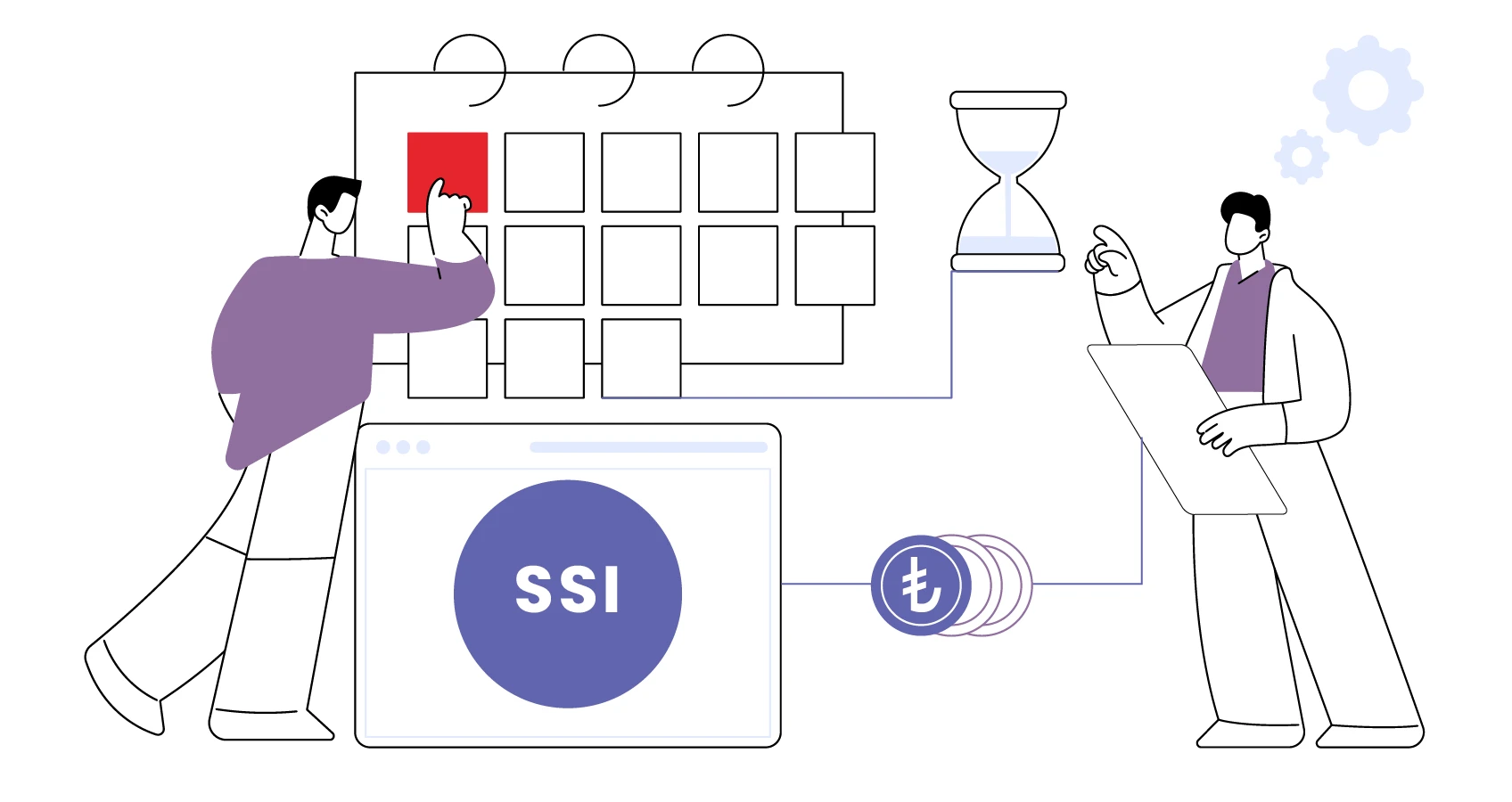Amendment to the Circular on Employer Transactions Issued by the Social Security Institution

Following the judgment of the 10th Chamber of the Council of State dated June 15, 2023 and numbered E:2019/11351, K:2023/3625, which was definitively upheld by the decision of the Plenary Session of the Administrative Law Chambers of the Council of State dated March 3, 2025 and numbered E:2024/83, K:2025/485, the Social Security Institution has introduced amendments to its secondary regulations concerning the matter. Within this scope, by the Circular of the Social Security Institution dated August 25, 2025 and numbered 2015/12, an amendment has been made to Article 1.2 titled "Procedures to be Carried Out Regarding Debt Subject to Statute of Limitations" of the Circular on Employer Transactions numbered 2020/20.
Under the "Sixth Part", "Sixth Section" of the Circular on Employer Transactions numbered 2020/20, the sub-article titled "1.2. Procedures to be Carried Out by the Unit Regarding Debt Subject to Statute of Limitations" has been amended as "1.2. Procedures to be Carried Out Regarding Debt Subject to Statute of Limitations."
Within the scope of the new regulation, the relevant article has been set forth in detail under the following three headings:
- 1.2.1. Procedures to be carried out for employer/insured/general health insured debts for which enforcement proceedings have not been initiated
- 1.2.2. Procedures to be carried out for employer/insured/general health insured debts for which enforcement proceedings have been initiated
- 1.2.3. Debt inquiries, incentive applications, and procedures related to documents – Debts subject to statute of limitations
Although the amendments primarily pertain to the internal operations of the Institution, there are significant aspects that also affect employers with respect to debts subject to statute of limitations. In this context, the main changes can be summarized as follows:
- Debts subject to statute of limitations have been classified into two categories: debts for which enforcement proceedings have been initiated and debts for which enforcement proceedings have not been initiated.
- Procedures relating to debt inquiries, incentive applications, and documents have been separately regulated.
- For debts where enforcement proceedings have been initiated; the employer/insured/general health insured to whom a payment order has been served may, within 15 days, lodge an objection with the Institution on the grounds that the debt is subject to statute of limitations. In such a case, without the need to file a lawsuit, the Social Security Contribution Accrual Objection Committee shall conduct an examination, and if it determines that the debt is subject to statute of limitations, the relevant enforcement file shall be annulled.
- For debts where enforcement proceedings have not been initiated; debtors whose debts are determined to be subject to statute of limitations shall be served with the Annex-12 Debt Information Form and requested to make voluntary payment within 15 days; if no payment is made, the debt shall not be referred to the enforcement service but shall instead be recorded in the relevant tables and systems as "Debt Subject to Statute of Limitations." These debts shall be displayed under a separate inquiry type on the bank screens, and the debtor may make voluntary payment if desired.
- Debts subject to statute of limitations shall not be taken into account with respect to incentives, certificates of non-indebtedness, access to health services, tender and construction non-affiliation certificates.
Conclusion
With the introduced regulation, the workload of the courts will be reduced, and the resolution of disputes within the Social Security Institution will be ensured. These new regulations concerning statute of limitations procedures will have positive effects on employers' debt management and their processes of benefiting from incentives. However, it is recommended that employers take into consideration the statute of limitations provisions set forth in this regulation before making payments of premium debts.
You may access the relevant Circular here (In Turkish).
-
-
Notification!




